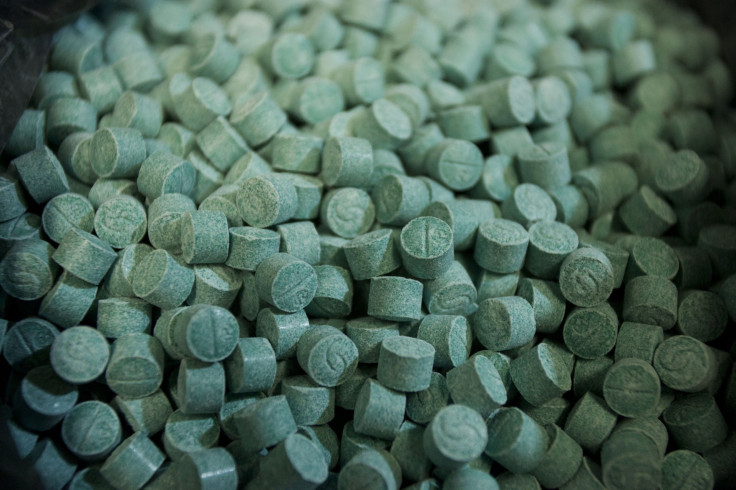Meth And Ecstasy OK! Colombia Mulls Laxer Policy On Synthetic Drug Use

The Colombian government announced Tuesday that a new narcotics decriminalization bill may include synthetic drugs such as methamphetamines, or "meth," and ecstasy along with marijuana and cocaine, which have already been decriminalized for personal use in small amounts.
"The proposal aims to standardize the amount of drugs already permitted, while also allowing an equivalent quantity of synthetic drugs," Justice Minister Ruth Stella Correa said, the Daily Telegraph reported.
The government’s policy on drug use has been aimed at freeing up state resources to combat drug producers and traffickers, which remain prominent in the South American country located at the center of global cocaine production.
Nevertheless, the potential inclusion of synthetic drugs in the new bill has drawn criticism from both the political opposition and members of President Juan Manuel Santos’ own party.
"Putting ecstasy and methamphetamines in the same bag as marijuana does not make the legalization of synthetic drugs viable," Senate President Roy Barreras, a member of Santos’ Social Party of National Unity, said, according to Colombia Reports.
"Colombia's problem is in relation to soft drugs, to marijuana and cocaine -- the drug-trafficking curse fundamentally depends on these two drugs, and world decriminalization will end that business,” he added. “But mixing decriminalization with these synthetic drugs makes the debate a much more difficult one."
John Walsh, senior associate for drug policy and the Andes at the Washington Office on Latin America, said Barreras’ point seems to be a “tactical one,” meaning that although he supports decriminalization for users of drugs like cocaine and marijuana, he believes expanding laws to include synthetic drugs will make the argument in favor of decriminalization more difficult.
Decriminalization of cocaine and marijuana for personal use was only introduced last year and remains part of an ongoing debate on drug policy.
As such, there is no hard data on what specific impact the drug policy has had in Colombia, though Walsh said that more punitive measures against drug users and low-level dealers in the past have already put major stresses on the country’s overcrowded prisons without weakening the criminal organizations at the center of the drug trade.
“[Decriminalization] is a big step forward,” Walsh said.
The Colombian government appears to be moving in the direction of more expansive decriminalization, though there remain dissenting voices that are ideologically opposed to it.
Opposition leader Efrain Cepeda of the Conservative Party reaffirmed his position that he would not support any such policies. “We will not accompany a statute if it is intended to pave the way for decriminalization,” Cepeda said, according to Colombia Reports.
At the center of the debate, Walsh said, is the question of the constitutionality of punishing drug users. Arguments around which drugs should be decriminalized do not really matter if the judiciary concludes that recreational drug use is not a crime, he said.
Correa emphasized the need to approach drug abuse as a social issue and not a criminal one, indicating a firm shift in the government’s position toward decriminalization.
"We are convinced that drug policy should be designed with a holistic approach, involving families, the education system, the public health specialists, development practitioners and community leaders," she said, the Telegraph reported.
"This is the best time to stop and assess how we can move toward achieving goals of a substantial improvement in public health conditions, drastically reducing and combating organized crime around drug trafficking and promoting a culture of legality among the entire population," she added.
© Copyright IBTimes 2025. All rights reserved.





















